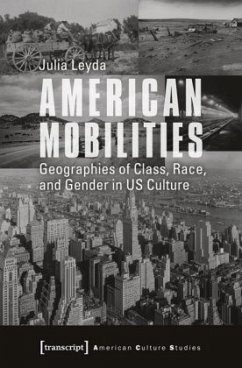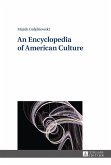American Mobilities investigates representations of mobility - social, economic, geographic - in American film and literature during the Depression, WWII, and the early Cold War. With an emphasis on the dual meaning of "domestic," referring to both the family home and the nation, this study traces the important trope of mobility that runs through the "American" century. Juxtaposing canonical fiction with popular, and low-budget independent films with Classical Hollywood, Leyda brings the analytic tools of American cultural and literary studies to bear on an eclectic array of primary texts as she builds a case for the significance of mobility in the study of the United States.
»Das Buch unterstreicht die Wichtigkeit, die Geschichte der Mobilität im 20. Jahrhundert zu schreiben und diese Geschichte in die bestimmenden sozialstrukturellen Entwicklungen der Moderne einzuordnen. Dazu bietet die Studie ein breites Panorama wertvoller Anknüpfungspunkte, nicht zuletzt durch ihre raumanalytischen Perspektiven.« Dirk Thomaschke, H-Soz-u-Kult, 05.01.2017 Besprochen in: GMK-Newsletter, 4 (2016) The Chronicle, 30.09.2016







